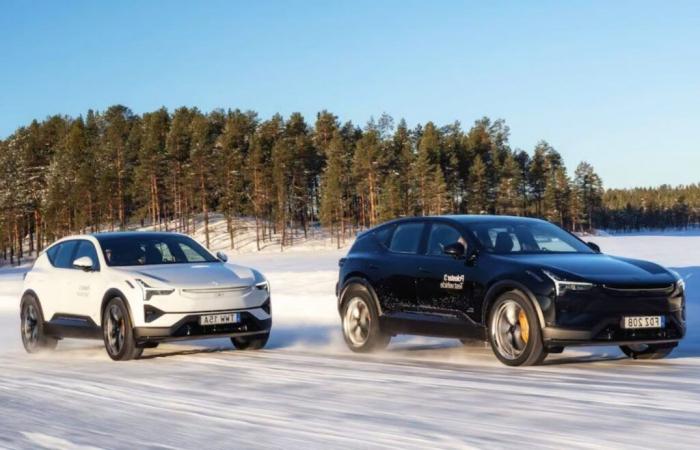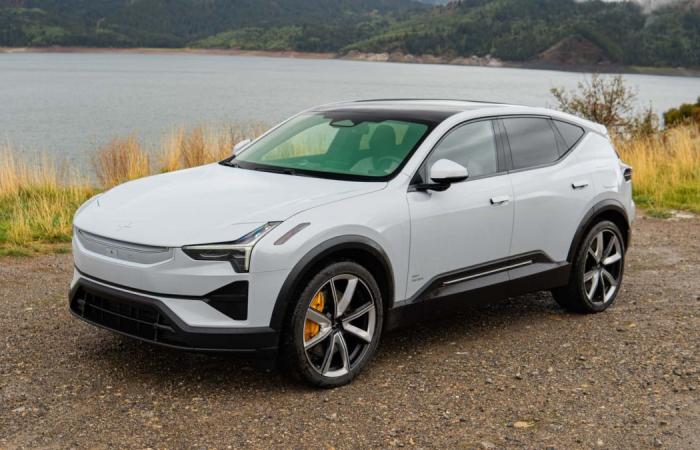Electric car news
Winter 2024 was marked by a major test in Norway by our colleagues from InsideEVs, a pioneering country where 90% of new vehicle sales are electric. A team of specialist journalists subjected 24 models to extreme conditions to measure their real autonomy. The results challenge preconceived ideas and reveal significant gaps between manufacturers' promises and the reality on the ground.
The Polestar 3 dethrones Tesla in extreme conditions
The surprise comes from the Swedish manufacturer Polestar, whose electric SUV stood out with remarkable performance. With a loss of autonomy of only 5% compared to the announced WLTP values, the Polestar 3 traveled 531 kilometers in real conditions. This performance has only been exceeded once in the history of the test, by the BMW iX3 in 2021 which had displayed a gap of 4%.

The Chinese manufacturer BYD places itself in second position with its Tang model, showing a drop in 9% only, while the new Mini Countryman completes the podium with a gap of 11%. These results demonstrate an impressive mastery of electrical technology by these manufacturers.
Disappointments and significant gaps
Tesla's Model 3, despite its reputation and its WLTP autonomy announced as the highest in the test (702 kilometers), was ranked in 21st position with a loss of autonomy of 24%. However, its real range of 531 km puts it at the top of the ranking despite everything, which makes it a sure value in all conditions. More worrying, however, the vehicle's odometer showed a distance traveled more than 16 kilometers reality, creating potential confusion for users.
The test conditions were clearly difficult:
- Negative temperatures throughout the test
- Difficult weather conditions with freezing rain
- Standardized test on the same route for all vehicles
The ranking of the test
The performance of new market players
The test reveals the emergence of lesser-known but efficient manufacturers. Both the Lotus Emeya and the BYD Sealion 7 posted a loss limited to 13% of their announced autonomy. The electric Mercedes-Benz G-Class surprises with a gap of only 14%proving that an imposing vehicle can maintain satisfactory performance in winter conditions.
-These results underline the importance of a realistic evaluation of performance in winter conditions. Manufacturers must now be transparent about the autonomy of their vehicles, because the deviations observed can significantly impact the user experience. For buyers, this data allows them to make an informed choice based on their real mobility needs.
Source : InsideEVs
Written by Albert Lecoq
Specialist in electric car buying guides, I am passionate about new technologies and am a strong supporter of the adoption of electric technology and sustainable mobility.
React to the article





